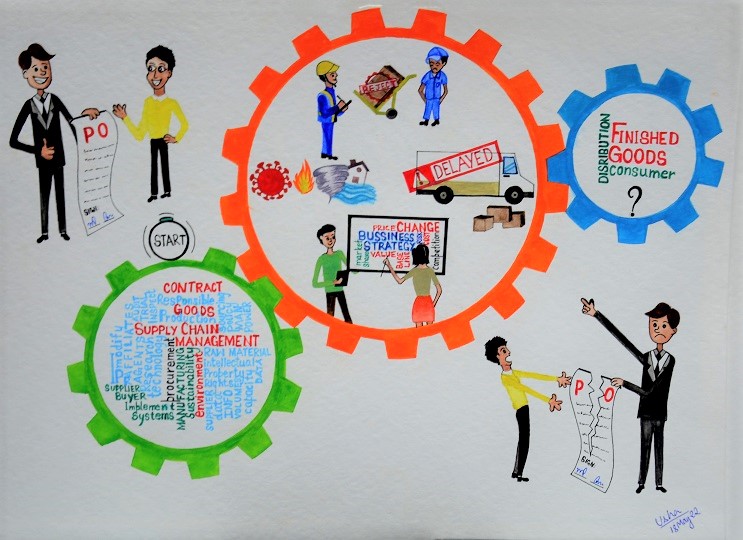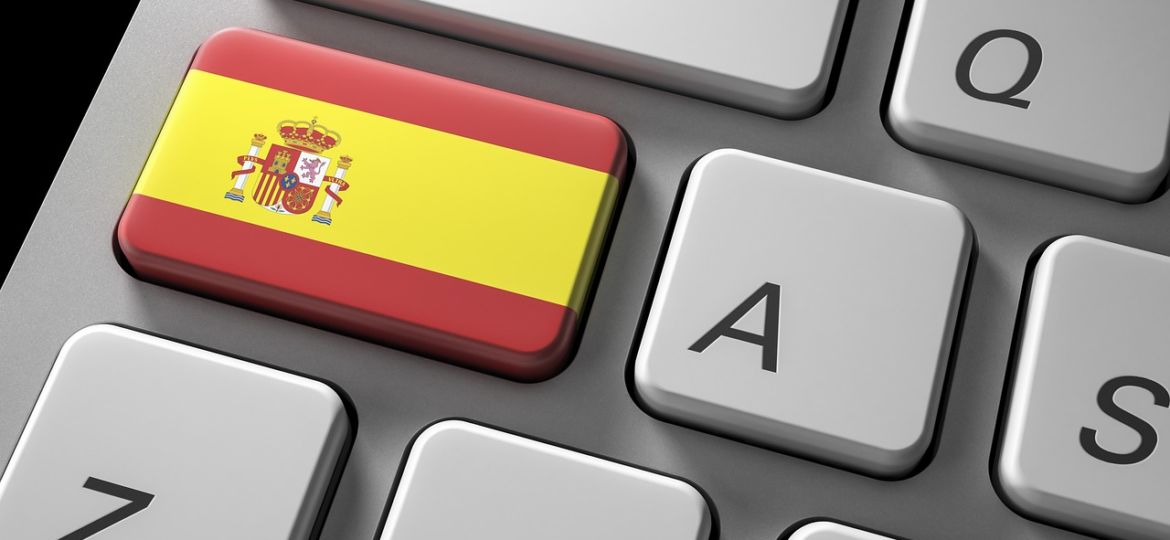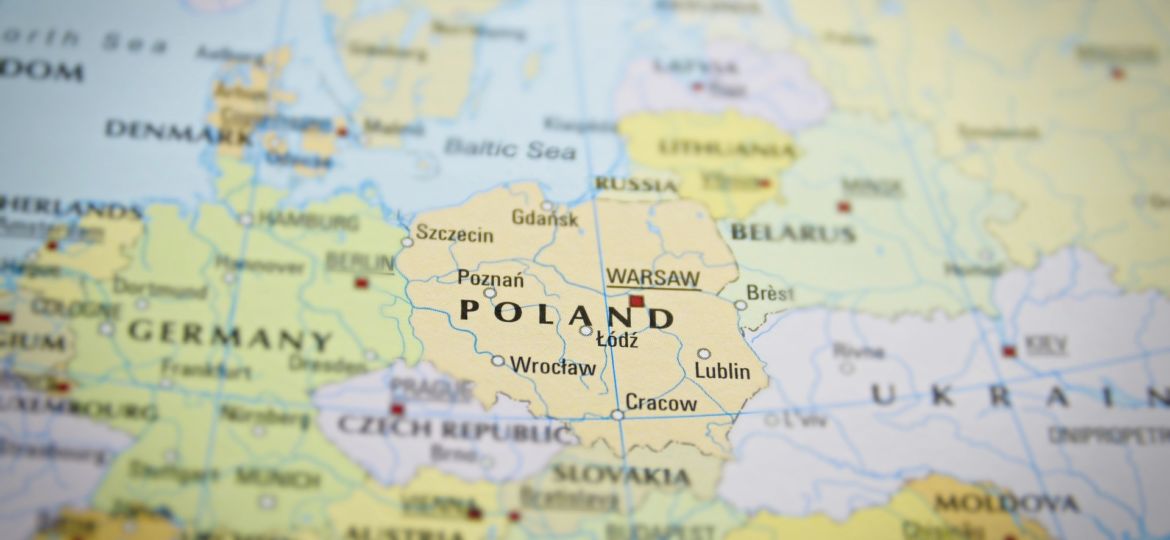Gift cards are popular with consumers for many reasons. They are easy, last-minute gifts that let the recipient choose something they want. But imagine the following scenario: you order a gift card for your niece at her favourite store. You brag to your sister about it only to find out that the store was last year’s news. She’s moved on to the latest influencer-inspired trend. To be the cool Aunt, you want to return the gift card, so you can buy her one at her new favourite store. As you bought the card online in the EU, you have 14 days to change your mind. So, what do you need to know as a business about the right of withdrawal for gift cards?
Supply Chain
Choosing a good partner is crucial to the success of any outsourcing initiative. In some ways, it can be like a marriage. You look for a partner that complements you, that brings something different to the table, but who you can also trust and grow with. Planning and having a clear goal of what you want to achieve through that partnership is an important part of the process.
Today’s world is in flux. Employees have discovered the joys (and pains) of remote work. Location no longer matters for most professions, even retail. Freshii, a Canadian take-out, uses virtual cashiers based overseas to take orders. Virtual conferencing such as Zoom or virtual worlds such as “Decentraland”, enable face-to-face collaboration from anywhere on the planet.
Poor supplier performance can result in significant (10-20%) indirect costs. However, by applying certain risk management practices to your operations, you can reduce your risk significantly.
According to a 2018 McKinsey article, poor supplier performance can result in significant (10-20%) indirect costs. Proper planning and making sure you have the right terms and conditions in your supply agreement will reduce your company’s financial exposure and protect it from litigation.
In Spain, the starting point for finding company information is the Registro Mercantil Central (RMC), Spain’s official trade register. The RMC covers Spain on a high level, only holding central company data, and all companies in Spain are obliged to register their business there.
In Germany, you can find company information in the Company Register (Unternehmensregister). This central platform stores legally important company data such as financial and accounting reports, shareholder information, etc.
In this article, we explain how commercial registration works for companies in the Netherlands.
In Poland, company information is held by 3 different bodies. The Central Register and Information on Economic Activity (CEIDG) holds information on entrepreneurs who are sole traders (self-employed) or partners…
In this article we’ll focus on what company information is available to the public regarding companies registered in California.
In California, you can search for information on a business entity through the website maintained by California’s Secretary of State.
When entering supply agreements, buyers and sellers have competing interests around the volume of goods to be purchased or supplied. A buyer wants maximum flexibility on the volume of goods it will order, while seeking favorable pricing and security that the seller can provide the volumes the buyer needs. A seller, on the other hand, wants the buyer to commit on the volumes it will purchase, so the supplier can plan its production, ensure predictable sales, and align pricing with volumes.










